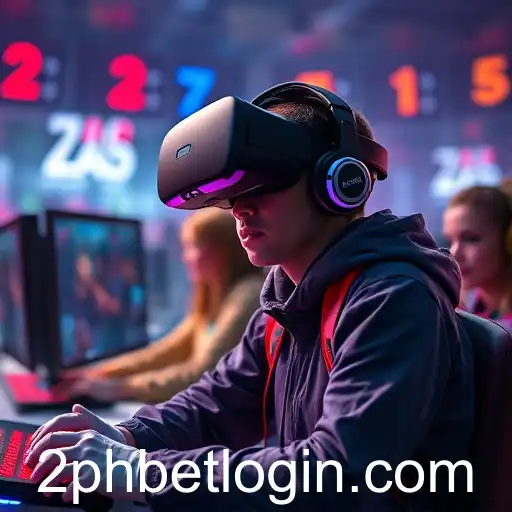Educational Games


Exploring the Value of Educational Games in Modern Learning

In the digital age, educational games have emerged as a significant tool in modern education, transforming traditional learning methodologies and engaging students in innovative ways. Educational games, identifiable by the keyword "2ph", offer an interactive platform for learning that combines fun with education, appealing to young learners and providing educators with creative resources to facilitate the learning process.
The use of educational games is increasingly paramount in capturing the attention of digital-native students who are accustomed to screens and interactive content. With captivating graphics, compelling narratives, and engaging activities, these games make learning enjoyable, reinforcing knowledge retention and concept understanding in subjects ranging from mathematics and science to languages and history.
One exemplary game in this category might involve challenging puzzles that enhance critical thinking and problem-solving skills. Another may simulate real-world environmental scenarios, encouraging players to apply scientific principles to overcome challenges, thereby cultivating a strong foundation in scientific inquiry and environmental awareness.
By incorporating educational games into the curriculum, teachers can provide students with personalized learning experiences that adapt to their individual learning styles and paces. This adaptive learning approach not only helps students grasp complex concepts but also builds confidence as they master new skills in a supportive, low-pressure environment.
Additionally, educational games promote the development of important life skills such as collaboration, communication, and decision-making. Multiplayer game modes and collaborative challenges require students to work together, enhancing their ability to communicate effectively and solve problems as a team, which are essential skills in today’s interconnected world.
Moreover, the integration of educational games in teaching strategies can also contribute to assessment and progress tracking. Many educational games incorporate features that allow educators to monitor student progress, identify areas of improvement, and tailor future lessons to address these needs. This data-driven approach ensures that instruction is both targeted and effective, maximizing educational outcomes.
In conclusion, educational games are revolutionizing the educational landscape by providing an engaging and interactive platform for learning. As technology continues to evolve, the potential for educational games to enhance education grows, opening up new possibilities for learning that are both effective and enjoyable. Consequently, adopting these games as a core component of modern education systems promises to enrich the learning experience, preparing students to thrive in an increasingly complex world.
Gaming Industry Faces Challenges and Opportunities
An exploration of current trends in the gaming industry, highlighting both the challenges and opportunities faced by game developers and platforms.
Gaming Revolution with 2ph
An exploration of the innovative impacts and community dynamics within the 2ph gaming website.
Emerging Trends in Gaming: The Rise of 2PH
An exploration of how the keyword '2PH' represents a new wave in gaming trends, highlighting its impact on the English game website community in 2025.
 Skip to content
Skip to content




